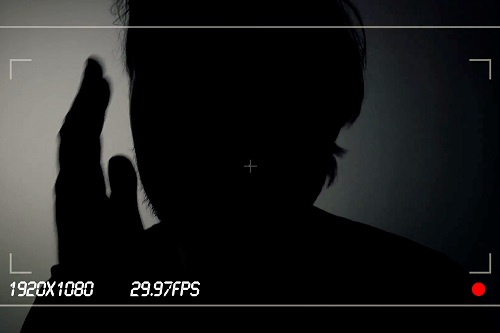By
Ricardo Swire
Law enforcement’s Witness Protection or Security Programs exemplify the salience and liminality of human identity. The national security/law enforcement protocol is one of the most compelling social experiments. Psychologists do not consider the practice rehabilitation. So can career criminals really earn a living legally when given a fresh start? How does a gang member maintain self-respect after he becomes an informer? What kind of experience does a person have continuously living a double life?
Safeguarding witnesses/defendants/whistleblowers from the powerful criminals they implicate in court is a technical and dangerous operation. Popular methodology dictates most witnesses keep their first name, or at least primary initial, to make social transitions easier. Internal security data calculated America routinely spends more than US$10 million annually running its Witness Security (WITSEC) Program. US prosecutions, which involved WITSEC, achieved 89% conviction rate.
Twenty-first century Witness Protection/Security Programs have been challenged by the impact of the internet. Social media networks amplify the digital traces that modern life creates. Cloud base data storage and increased information mining are new vulnerabilities. Corporate counteractions and increased cyber-security against identity theft are two edged swords. Modern businesses and organizations now demonstrate higher expectations for official documentation on potential employees. Such requirements complicate the creation of credible new identities for witness relocation.
Witnesses are coached how best to change conversational topics about personal history. Trends highlighted such individuals, unable to share honestly, socially struggled to make friends. Some relocation is done before a court case, while others occur afterwards depending on intelligence. Some Witness Protection Programs are known to offer cooperative witnesses suspended sentences. Incentives include privileges far beyond an inmate’s norm.
Assigning a witness to a prison’s general population makes the individual an easy target for criminal organizations. Some prisons accommodate isolated jail cells specially for protected witnesses. National security and law enforcement officials psychologically condition witnesses regarding the life or death seriousness of a security breach. High value witnesses, who broke Witness Protection Program rules, paid with their lives.
On one occasion “Daniel La Polla,” a fifty-four year old American high profile witness, ignored several Witness Protection Program security warnings and returned home to attend a funeral. His door knob was booby trapped with high explosives. When La Polla turned the handle the bomb detonated in his face killing him instantly. The elite criminal was a federal witness in a stolen US Army rifles case. Two weeks before his assassination La Polla wore a body recording device that captured a condemning conversation between two men related to the missing weapons.
Ricardo Swire
Ricardo Swire is the Principal Consultant at R-L-H Security Consultants & Business Support Services and writes on a number of important issues.



No Comments Yet!
You can be first to comment this post!